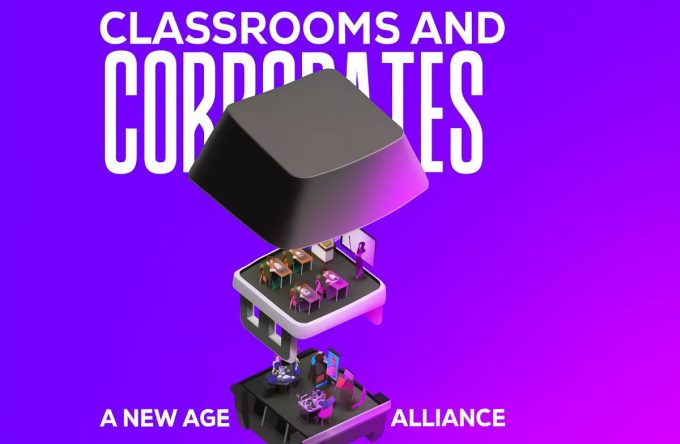In the age of Wi-Fi and Wall Street, your best financial advisor might just be a 23-year-old with a ring light on a podcast. They might not be your dad’s typical choice, but they are definitely the ones who truly know the current financial landscape.
For decades, financial literacy in Pakistan has struggled to find a mainstream voice, but today a new wave of creators are flipping that script. Anyone not living under a rock will know how rapidly financial influencers are taking over social media to educate and inspire Pakistan’s growing online audience about personal finance. They are breaking down budgeting, investing and side hustling in ways that are loud, relatable and unapologetically accessible. Let us be clear: they are not just changing how young Pakistanis learn about money. They are changing how money itself moves through the economy.
Finance Without the Fancy Suits
With smartphones in nearly every hand and data packages cheaper than a cup of chai, Pakistan’s social media ecosystem has exploded. While traditional financial institutions are still stuck designing boring pamphlets no one reads. The financial influencers are here to give advice that makes sense: its brief and straightforward, just how Gen Z likes it. And one reason why it sticks around is because it sounds like it is coming from a genuine friend rather than a bank manager who wants to capitalise on every penny of yours.
Names like Taha Khan and Mashal Khan, our beloved stock experts, have built a loyal following not by being experts in suits, but by being people you can trust. They use memes, trending references and plain Urdu-English mashups to explain stock market basics, crypto tips and debt management. These influencers are the reason today’s youth know about voluntary pension and mutual funds just through mere reels and a podcast or two.
Finance is finally speaking the language of the street. And the street is listening.
Sponsored? Sure. Authentic? Sometimes.
Of course, it is not all golden. Behind every smart budgeting tip and investment hack, there is often a hidden promo code or a “#Sponsored” tag tucked in the caption. These influencers have bills to pay too. And in Pakistan’s still-developing digital economy, partnerships with banks, finance apps and even e-commerce platforms are often the only way for them to stay afloat. But when does honest advice cross the line into being just another ad?
It is a real problem; with easier access comes an even easier path to manipulation. Flashy endorsement might bring in quick bucks, but it can also kill credibility almost overnight. And in a world where trust is everything, losing your audience means game over. If these influencers want to stay relevant and respected, they will need to be brutally transparent. Otherwise, they might become exactly what they once fought against: just another voice selling the next too-good-to-be-true dream.
The Small Business Revolution
While big brands are cutting fat cheques for influencer shoutouts, the real magic is happening at grassroots level. Small businesses, from handmade jewellery sellers to new microfinance startups, are riding this digital wave too and best believe, they are thriving. One TikTok featuring a handmade wallet can generate more orders than a year’s worth of physical stall sales. A single Instagram story promoting a local tuition centre can trigger dozens of new sign-ups. One viral post can launch a business faster than a decade of networking.
Social media has not just created celebrity influencers; it is created ecosystems of micro-opportunities. And if Pakistan plays its cards right, this could mean a true democratisation of economic success.
Building Wealth One View at a Time.
The shift we are seeing is not temporary; it is generational. Pakistan’s young digital creators are building a financial culture from the ground up. One where asking questions about money is not shameful. Where your first investment tip might come from a meme account, not a corporate seminar. This is bigger than just “content.” It is a revolution of wealth building happening one reel video at a time.
Of course, it will not be perfect. As more money floods into influencer marketing, there will be sellouts. Bad actors will pop up, flashing luxury lifestyles funded more by brand deals than by smart investing. But here is the thing: messy progress is still progress.
For every sketchy crypto shill, there are ten more creators teaching budgeting hacks to a teenager who never learned about saving at home. For every sponsored post, there is an honest conversation happening in the comments, where young people are challenging ideas, swapping knowledge and building financial confidence that generations before them never had access to.
The gatekeepers are losing their grip, and honestly? It is about time.
The next financial leaders of Pakistan will not necessarily come from Ivy League halls or Wall Street boardrooms. They will come from smartphones, scrappy startups and TikTok side hustlers who learned to manage money the hard way.
The future of finance is loud, raw, imperfect and for once, it is not just blatant capitalism.









